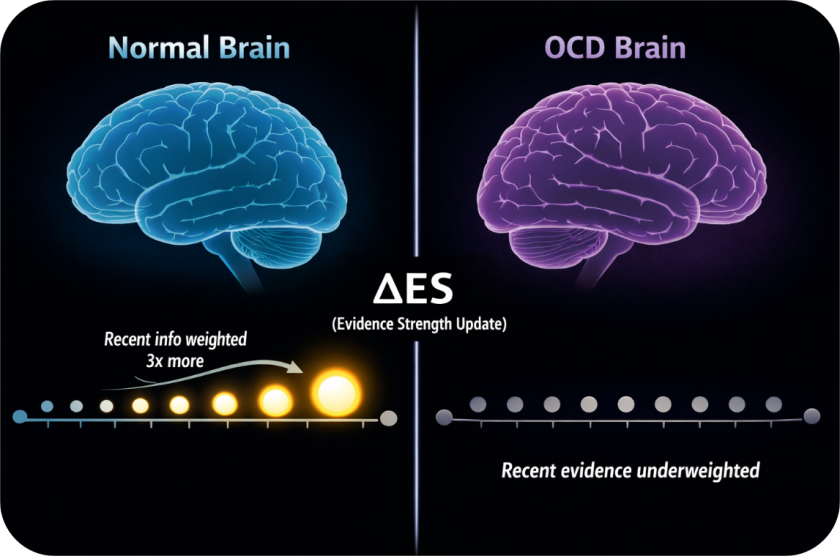We already know the importance of a good night’s sleep. Taking around 8 hours of sound sleep is considered essential for the body, as it is the time when the brain gets rid of its toxins. But in today’s fast paced life, people often have to give up on their sleep to catch up with other work. This lack of sleep has been already reported as a public health epidemic by the Centers for Disease Control and Prevention.
Researchers from the University of California (UC), Irvine and Michigan State University (MSH) based on their latest study, suggest that sleep deprivation not only affects individual’s health, but is also a major cause leading to errors in memory. The study revealed that sleep deprived volunteers struggled to remember details and even flubbed details from a simulated burglary shown to them via a series of illustrations.
Memory distortion
The study conducted by the researchers at UC-Irvine and MSU to test the effect of sleep deprivation on the volunteer’s memory. The result showed that volunteers, who did not sleep for 24 hours and others with five or less hours of sleep, were the one who mixed up event facts largely than volunteers who had slept well. This clearly indicates that sleep deprivation has negative impact on the individual’s memory.
Such memory errors might lead to severe repercussion in areas like criminal justice, where obscure memory of eyewitnesses often mis-identifies people and facts related to the case and resulting in inappropriate convictions in the United States.
Reduced napping hours
According to psychology associate professor at MSU and co-investigator of the study, Kimberly Fenn, distorted memory is noted more predominately after sleep deprivation. And people nap hours have reduced than what they had before.
Insufficient sleep not only linked to chronic health related disorders such as diabetes and hypertension, but are the major cause leading to an accident while driving and grave industrial disasters.
It is not just one entire night of sleep deprivation causes memory errors. Individuals who sleep for fewer hours regularly are at higher risk to develop such memory distortion in the long run. Therefore, it is advisable to take sound sleep for maintaining a healthy mind and body.
Source: Michigan State University





